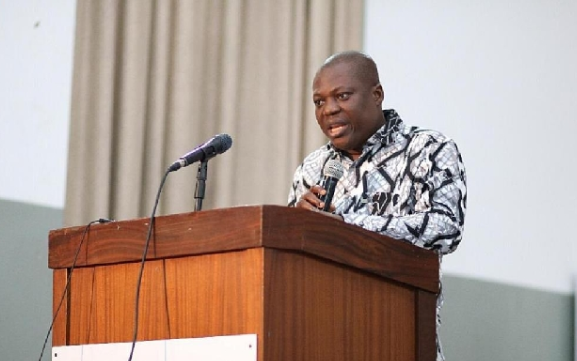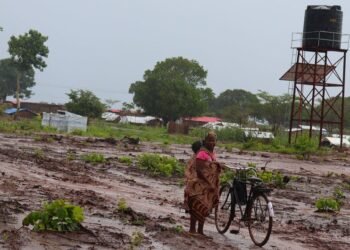Ghana, widely recognized for its vast natural resources, has long been embroiled in a complex challenge: the effective management of its resource revenues.
With significant deposits of gold, bauxite, oil, and newly discovered green minerals such as lithium, the country has enormous potential to transform its economy and improve the lives of its citizens. However, managing the wealth generated from these resources has proven to be a tricky affair, with concerns about transparency, accountability, and the equitable distribution of wealth.
As Ghana awaits the newly elected National Democratic Congress (NDC) administration, there is growing anticipation around the government’s plans to address these long-standing issues.
One of the most significant proposals under discussion is the creation of a Natural Resource Revenue Management Act—a move that aims to ensure more efficient tracking, management, and distribution of natural resource revenues.
This initiative is expected to shape the country’s economic future, particularly as Ghana enters a new era of resource discovery, including the rising importance of green minerals in global markets.
Prof. John Gatsi, the Dean of the Business School at the University of Cape Coast (UCC), has been a vocal advocate for reform. He recently disclosed that the incoming NDC administration plans to create the Natural Resource Revenue Management Act, a comprehensive law designed to regulate the collection and distribution of revenues generated from the country’s vast natural resources.
“For the very first time, we will see a natural resource revenue management act akin to those found in other sectors like oil.
“This will allow us to track natural resource revenue, including taxes, and ensure that these resources are distributed efficiently to address issues in the country.”
Prof. John Gatsi, the Dean of the Business School at the University of Cape Coast (UCC)
According to Prof. Gatsi, the proposed Act will help address critical issues such as the inefficient management of resource revenues, and he stressed that the Act will be crafted in consultation with the International Monetary Fund (IMF) as part of the country’s ongoing $3 billion Extended Credit Facility (ECF) program with the Fund.
The core objective of the proposed Act is to provide an efficient system for tracking revenues derived from the exploration and extraction of the country’s natural resources.
By creating a more robust framework for managing these revenues, the government hopes to ensure that the benefits of natural resource wealth are more evenly distributed and invested in projects that address key development challenges across Ghana.
A Step Toward a More Transparent and Accountable System

Natural resource governance experts have long called for legislation to manage revenues from Ghana’s mining sector, where the extraction of gold has been a major economic driver.
Dr. Steve Manteaw, a prominent expert in the field of resource governance, has argued that the absence of such laws has led to inefficiencies and a lack of accountability.
His calls for reform gained traction after the introduction of the Public Financial Management Act of 2016 (Act 921), which provided a framework for the management of revenues from the oil and gas industry.
The need for a more structured approach to revenue management becomes even more critical in light of Ghana’s push toward a green transition. The discovery of lithium, an essential mineral for electric vehicle batteries and renewable energy technologies, has the potential to provide a new stream of revenue.
However, without a comprehensive regulatory framework, there is a risk that the country could repeat past mistakes in managing its mineral wealth.
The creation of the Natural Resource Revenue Management Act would mark an important step in the right direction, ensuring that the country’s emerging green minerals industry is governed by the same level of scrutiny and accountability as the oil and gas sector.
As Ghana stands at the crossroads of a new administration and reflects on its natural resource governance, the creation of the Natural Resource Revenue Management Act presents a crucial opportunity to strengthen the management of the country’s resource wealth.
While the country has made significant strides in improving the governance of oil revenues, there is still much work to be done to ensure that all natural resource revenues are managed transparently and effectively.
With the incoming NDC administration planning consultations with the IMF to craft the new Act, it is clear that Ghana is committed to building a more sustainable and accountable system for managing its natural resources.
If successfully implemented, the Act could serve as a model for other resource-rich nations, helping Ghana harness the full potential of its resources to drive long-term economic growth and development.
READ ALSO: Africa’s Clean Energy Investments Surge to Record $36.6 Billion



















